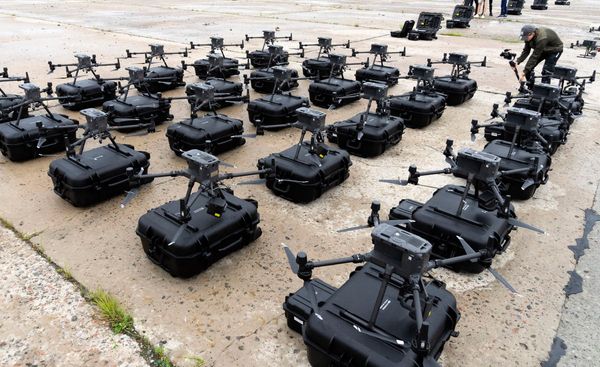Any good financial adviser will tell his novice clients to refrain from checking the stock market every day to see how their investments are doing. It’s the long term that counts, not the volatility of daily buying and selling on the exchanges. That same caution should be applied to trying to keep track of the current economy, which seems to swing from inflation to recession at the drop of a hat. It’s up to each family to properly assess its financial condition and buy and spend accordingly.
Technically, this country is now in a recession, which by definition is two consecutive quarters of decline in a country’s gross domestic product. America’s $21 trillion GDP, which is No. 1 in the world, decreased 1.6% during the first quarter of this year and 0.9% during the second, according to the federal Bureau of Economic Analysis.
That’s a recession, but it’s nowhere near the Great Recession of 2007-2009, when GDP fell 4.3%, the unemployment rate rose to 10%, and 15 million Americans couldn’t find jobs. Compare that to the current 3.6% unemployment rate and six million unemployed.
Those differences don’t mean this recession should be taken lightly. However, it should be placed in context not only with the Great Recession but our current economic headache, inflation, which led the Federal Reserve Board to raise interest rates twice in two months. In that context, a little recession might be the right prescription as a way to drive down prices and promote new investment.
The Fed raised interest rates to reduce spending by Americans, many of them flush with COVID-19 relief money provided by both the Trump and Biden administrations. That spending amid a worldwide supply-chain problem emptied store shelves and helped push prices up. A recession makes people more guarded about spending, which in theory should give stores time to solve their supply problems, restock, and bring prices down.
Of course, there are other supply-chain factors, including both COVID’s continuing impact on China’s ability to manufacture and export goods and the Russia-Ukraine war. China has locked down factories and businesses under its zero-COVID policy. Meanwhile, Russia’s invasion has devastated much of Ukraine, which not only was a key exporter of wheat, barley, corn, and sunflower oil to many poor nations but also the world’s leading source of the neon that powers lasers used to make computer chips for automobiles.
As for inflation, this country needs to drastically decrease its dependence on oil and gas. Gasoline prices were the biggest contributor to U.S. inflation. President Joe Biden’s release of fuel from the nation’s strategic oil reserves helped lower gas pump prices, but they could go up again if, say, a Gulf Coast refinery is hit by a hurricane. Biden, like a stock market watcher, must keep his eyes on the future and work even harder to implement energy policies that diminish the use of fossil fuels.
The approaching midterm elections provide a perfect opportunity for the president to stress his need for visionaries in Congress who can help him.







